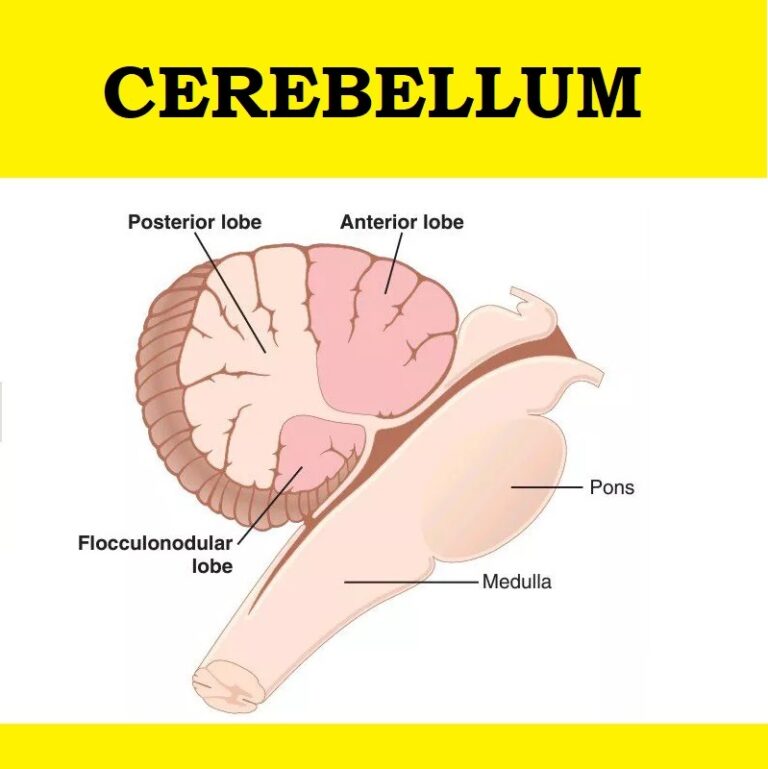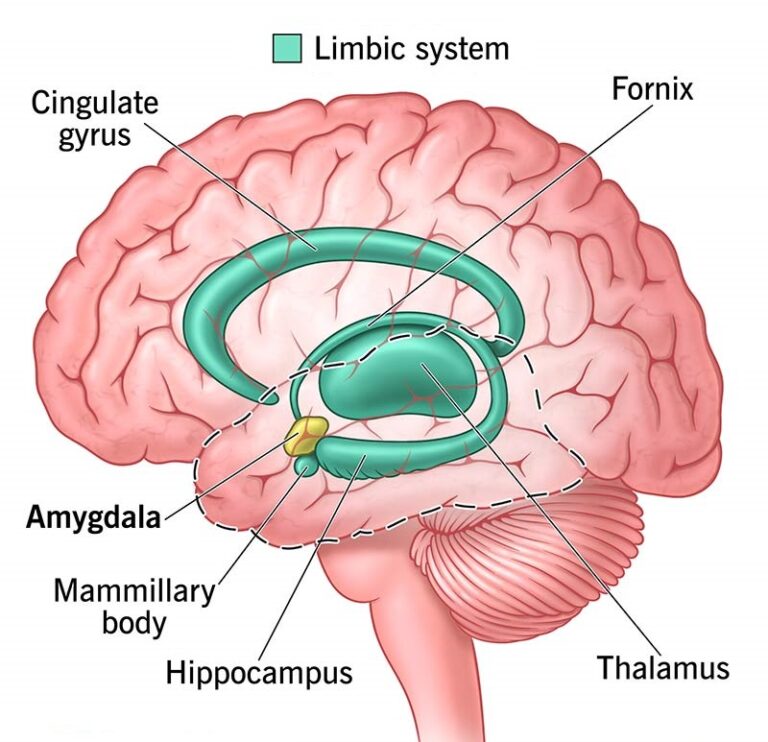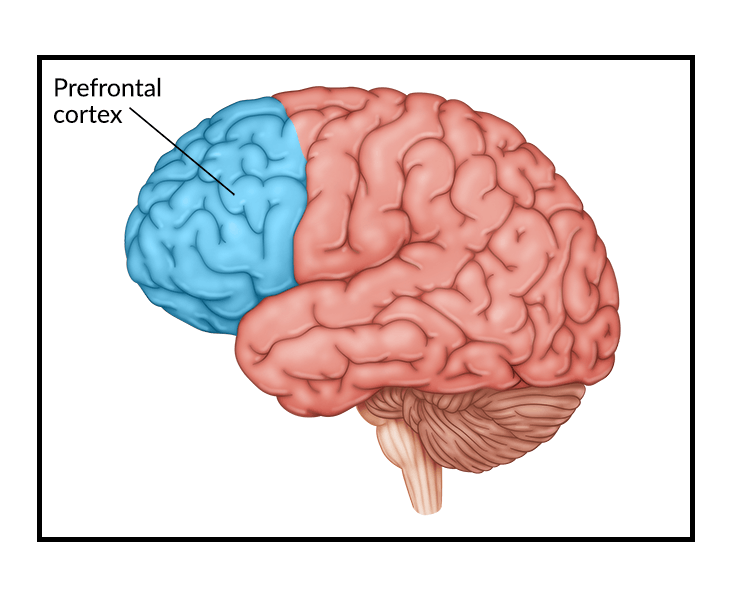
Integral Yoga: A Comprehensive System for Psychological and Spiritual Transformation
Integral Yoga, as envisioned by Sri Aurobindo, offers a holistic system of self-development that integrates body, mind, emotions, and spirit. It transcends conventional spiritual practices by emphasizing not only transcendence but also the transformation of everyday life. This approach positions Integral Yoga as both a philosophy and a psychological system that is deeply relevant in the context of personal growth, emotional well-being, and societal transformation.
In this in-depth discussion, we will explore the foundational principles of Integral Yoga, its psychological insights, and its relevance to modern psychology, supported by research-based evidence.
1. Foundational Principles of Integral Yoga
Integral Yoga rests on three central principles:
- Unity of Existence:
Integral Yoga views life as an interconnected whole. Each aspect of existence, from physical sensations to spiritual experiences, is seen as part of a greater universal consciousness. - Evolution of Consciousness:
Sri Aurobindo postulated that human consciousness is in a state of constant evolution. He believed that humanity is transitioning toward a supramental consciousness that integrates the spiritual and material dimensions of life. - Triple Transformation:
The process of inner transformation involves three stages:- Psychic Transformation: Awakening the inner being or soul.
- Spiritual Transformation: Expanding awareness to universal consciousness.
- Supramental Transformation: Realizing a divine life on Earth.
These principles emphasize the integration of spiritual consciousness into everyday life, distinguishing Integral Yoga from other spiritual systems.
2. The Planes of Consciousness: A Psychological Framework
Sri Aurobindo’s model of consciousness is a detailed map of human psychological development. It identifies five planes of consciousness:
A. The Physical Plane
This level is associated with the body and basic survival instincts, such as hunger and physical well-being.
- Psychological Traits: Habitual behaviors, sensory experiences.
- Challenges: Overcoming inertia, addictions, and attachments to material comfort.
B. The Vital Plane
This plane governs emotions, desires, and impulses.
- Psychological Traits: Emotional responses, passions, and ambitions.
- Challenges: Balancing emotional reactivity and cultivating resilience.
C. The Mental Plane
This is the realm of intellect, logic, and reasoning.
- Psychological Traits: Analytical thinking, planning, and creativity.
- Challenges: Overcoming biases, rigid thought patterns, and over-intellectualization.
D. The Psychic Plane
This is the seat of the soul, representing intuitive and inner guidance.
- Psychological Traits: A deep sense of purpose, alignment with values.
- Challenges: Listening to the inner voice amidst external distractions.
E. The Spiritual Plane
The highest plane, it represents the realization of universal consciousness.
- Psychological Traits: Self-transcendence, compassion, and oneness with all.
- Challenges: Integrating spiritual insights into daily life.
Table 1: Psychological Characteristics Across Planes of Consciousness
| Plane | Key Traits | Challenges |
|---|---|---|
| Physical | Habitual, sensory | Inertia, material attachment |
| Vital | Emotional, impulsive | Emotional imbalance, ego dominance |
| Mental | Rational, creative | Cognitive biases, rigid thinking |
| Psychic | Intuitive, values-driven | Disconnection from inner guidance |
| Spiritual | Transcendent, unified | Lack of integration in daily life |
3. The Triple Transformation in Detail
Integral Yoga’s Triple Transformation provides a roadmap for personal evolution. Each stage addresses specific psychological and spiritual needs.
A. Psychic Transformation
- Focus: Aligning the individual personality with the soul’s purpose.
- Practices:
- Introspection: Journaling and self-reflection to uncover the deeper motivations behind actions.
- Witness Consciousness: Observing thoughts and emotions without judgment, akin to modern mindfulness.
B. Spiritual Transformation
- Focus: Expanding awareness beyond personal identity to connect with universal consciousness.
- Practices:
- Meditation: Quieting the mind to experience the divine presence.
- Contemplation: Reflecting on universal truths and interconnectedness.
C. Supramental Transformation
- Focus: Integrating spiritual consciousness into everyday life.
- Practices:
- Dynamic Action: Engaging in work and relationships with a spirit of service.
- Surrender: Letting go of ego-driven desires.
4. Integral Yoga and Modern Psychology
A. Parallels with Jungian Psychology
- Individuation: Like Jung’s concept of individuation, Integral Yoga emphasizes the integration of all aspects of the self.
- Archetypes: The planes of consciousness resonate with Jungian archetypes, such as the shadow (vital plane) and the self (psychic plane).
B. Application in Positive Psychology
Integral Yoga aligns with positive psychology’s emphasis on well-being, purpose, and self-actualization.
- Research Example: Studies show that practices like meditation and self-reflection improve emotional resilience and life satisfaction (Brown & Ryan, 2003).
C. Therapeutic Implications
Integral Yoga’s methods are used in therapeutic settings to address issues such as:
- Anxiety: Meditation practices help calm the mind.
- Depression: Connecting with one’s deeper purpose provides hope and meaning.
- Cognitive Biases: Observing and reframing thought patterns aligns with CBT principles.
5. Practical Applications in Daily Life
A. Emotional Regulation
- Techniques such as pranayama and mindfulness help manage stress and anxiety.
B. Personal Growth
- Journaling and introspection foster self-awareness and emotional intelligence.
C. Work-Life Balance
- Integral Yoga encourages aligning professional goals with personal values, reducing burnout.
Table 2: Psychological Benefits of Integral Yoga Practices
| Practice | Psychological Benefits |
|---|---|
| Meditation | Reduces anxiety and enhances focus. |
| Pranayama | Balances energy and promotes calmness. |
| Self-Reflection | Improves self-awareness and clarity. |
| Karma Yoga | Fosters altruism and reduces ego. |
Final Thoughts
Integral Yoga offers profound insights into human psychology, addressing challenges at every level of existence. Its integration of spiritual wisdom with practical techniques makes it highly relevant for modern life. By adopting its practices, individuals can achieve emotional balance, self-awareness, and a deeper connection with life’s purpose.
References
- Aurobindo, S. (2005). The Life Divine. Sri Aurobindo Ashram Publication Department.
- Dalal, A. S. (2001). Psychology, Mental Health, and Yoga: Essays on Sri Aurobindo’s Integral Yoga Psychology. Sri Aurobindo Ashram Trust.
- Brown, K. W., & Ryan, R. M. (2003). The benefits of being present: Mindfulness and its role in psychological well-being. Journal of Personality and Social Psychology, 84(4), 822–848.
- Maslow, A. H. (1943). A theory of human motivation. Psychological Review, 50(4), 370–396.
- Wilber, K. (2000). Integral Psychology: Consciousness, Spirit, Psychology, Therapy. Shambhala Publications.







